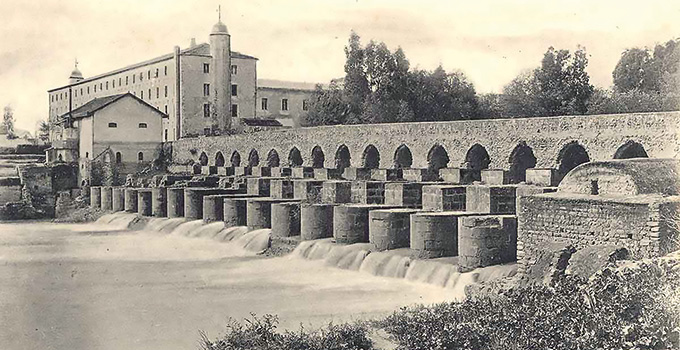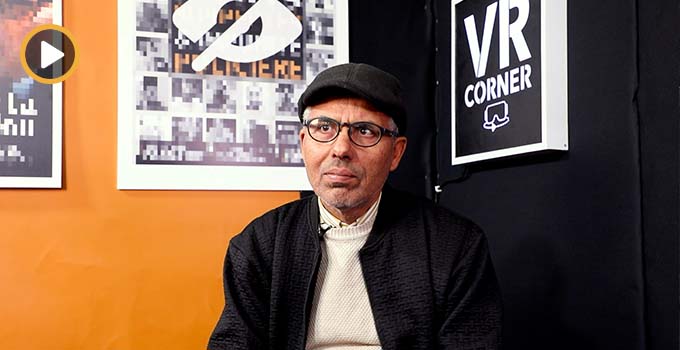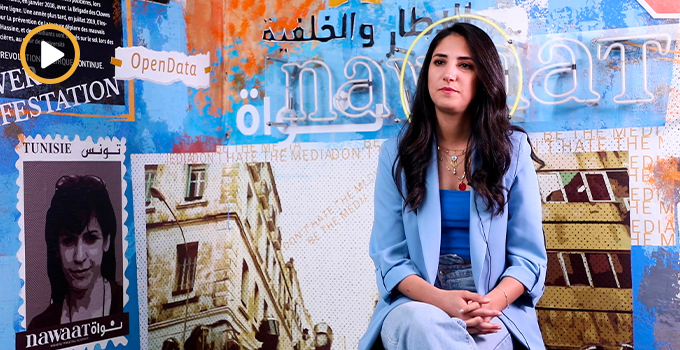
Eighteen months after the popular uprising which put an end to the Ben Ali regime, one of the few tangible signs of this event remains, undeniably, the sense of free speech which it engendered. Graffiti, tags and the different forms expression that can be seen in the art of the streets have come to represent a concrete manifestation of this freedom of speech and thought.
On the walls of all the towns and villages of the country, messages both serious and satirical, but undeniably political, can be seen, each one trying to outdo the next for boldness and creativity.
It hasn’t taken long for this new form of expression to provoke the anger of the newly established ruling elite. We all remember the turmoil caused by the destruction of the works produced during the Kasbah sit-in. A cowardly act of vandalism, carried out under the cover of darkness, erasing all trace of these mobilisations which changed the course of Tunisia’s early history post-Ben Ali.
And now we find out, through Facebook, that a new attack has just been carried out in Gafsa, the cradle of popular dissent in Tunisia.

These were works completed by an artists’ collective on the walls of the lycée Ibn Rached as part of an operation called “Ibda-3 mi7it” (created/starting from the walls). A play on words reminding people that art becomes free from the medium of its creation and needs only itself to exist.

According to one young man from the town, a group of people armed with pots of white paint repainted the wall of the lycée in order to spell out a message inviting people to “pray before day of judgment”. All the works completed during the operation were, as a result, destroyed.
The young people of the town did not take long to let their anger be known and the message was soon crossed out, a sign of their rejection of such acts of intellectual terrorism.
Beyond its significance as an attack on creativity and this particular form of expression, this event is, in itself, indicative of the state of what we can barely any longer call our revolution.
The messages of protest inspired by the true chants of the revolution, tackling questions such as police brutality, social justice and the revolutionary dream, have been forced to make way for religious slogans that have more to do with sterile, mind-numbing propaganda than they do with any sense of spirituality.
As is the case with the false debates surrounding identity and the place of shariaa in the constitution, or the appropriate limits to be placed upon free speech, which have forced out any discussion of the real topics of debate. These being the demands made by our martyrs and those who stood by their side in the face of police gunfire, that is: work, freedom and national dignity. Something to think about…
Translation by Christopher Barrie from the original French article.







iThere are no comments
Add yours